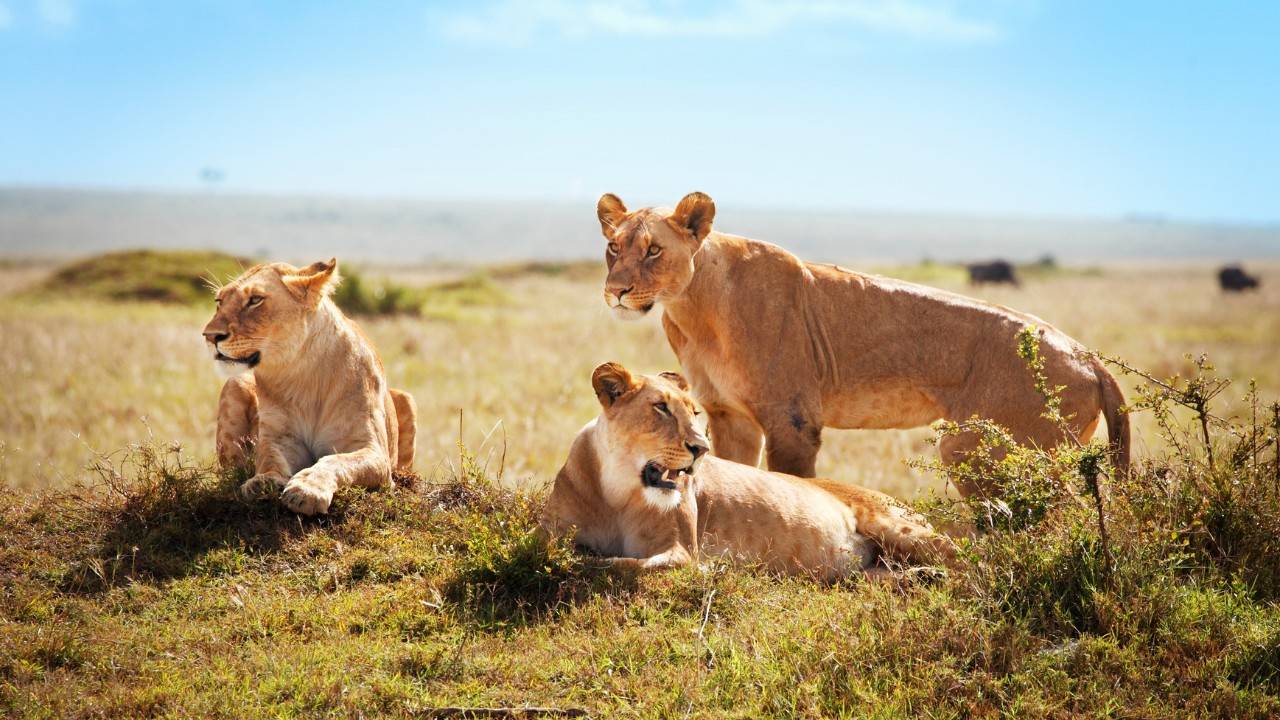In a significant move to combat climate change, Tanzania has inked a deal for one of the largest land-based carbon credit projects in East Africa. This ambitious initiative encompasses six national parks, stretching across 1.8 million hectares (4.4 million acres).
Tanzania, with its vast forest resources of nearly 48 million hectares, is now at the forefront of Africa’s involvement in the global carbon credit market. This development coincides with the ongoing COP28 summit in Dubai, where world leaders are convening to devise strategies against climate change.
The concept of carbon credits is straightforward: organizations that emit carbon dioxide can purchase a credit, equivalent to one ton of CO2. This transaction is designed to fund projects that reduce carbon levels, ensuring that each ton of CO2 emitted is counterbalanced by a ton sequestered.
The latest deal forms a partnership between Tanzania’s national park management agency, Tanapa, and Carbon Tanzania, a local company. Part of the revenue from selling carbon credits will benefit Tanapa and local communities, as announced by Carbon Tanzania.
Beyond facilitating carbon credit trade, the project focuses on protecting and conservatively managing national park areas. This includes preserving natural ecosystems and vital wildlife resources, as highlighted by the company.
The designated national parks for this project are Burigi-Chato, Katavi Plains, Ugalla River, Mkomazi, Gombe Stream, and Mahale Mountains. Mohammed Enterprises Tanzania Limited, owned by renowned businessman Mohammed Dewji, will also contribute additional funding to the project.
Earlier in February, Tanzania laid the groundwork for an even larger carbon credit deal covering 8.1 million hectares, with Blue Carbon, a UAE-based company. However, this and similar carbon-offsetting initiatives in sub-Saharan Africa have faced criticism. Some view them as a modern form of neo-colonialism, with environmentalists particularly scrutinizing Blue Carbon.
Despite the controversy, Blue Carbon maintains that its projects adhere to strict regulations and benefit local communities. The company has also entered preliminary agreements with other African nations, including Liberia, Kenya, Zambia, and Angola, potentially leading to extensive land control for carbon credit production.
As Tanzania steps into a pivotal role in the carbon credit market, the world watches closely. This move not only marks a significant stride in environmental conservation but also raises important questions about the future of land management and community involvement in the fight against climate change.
More inspiring green news similar to this:

